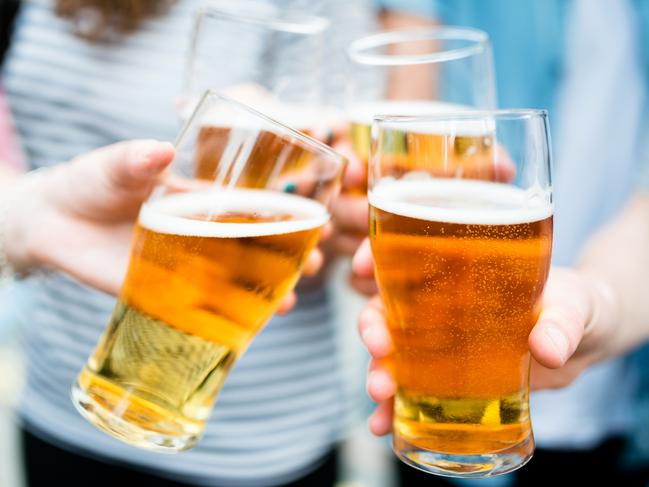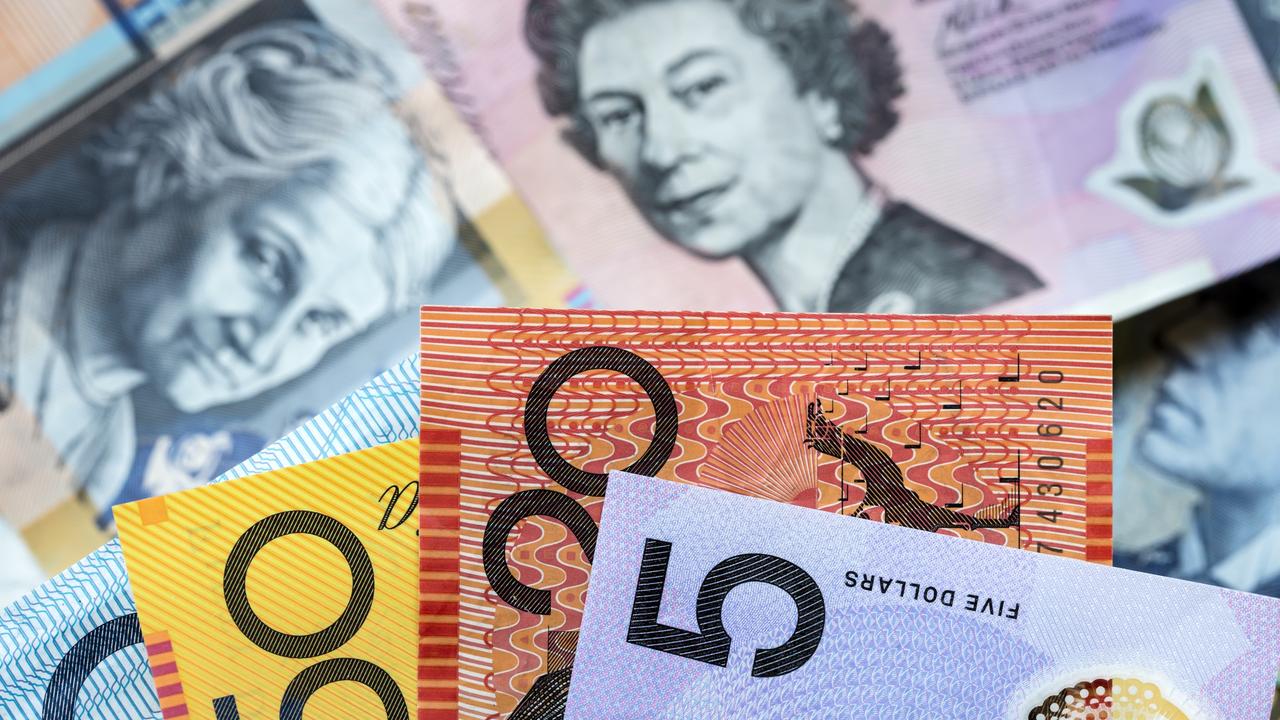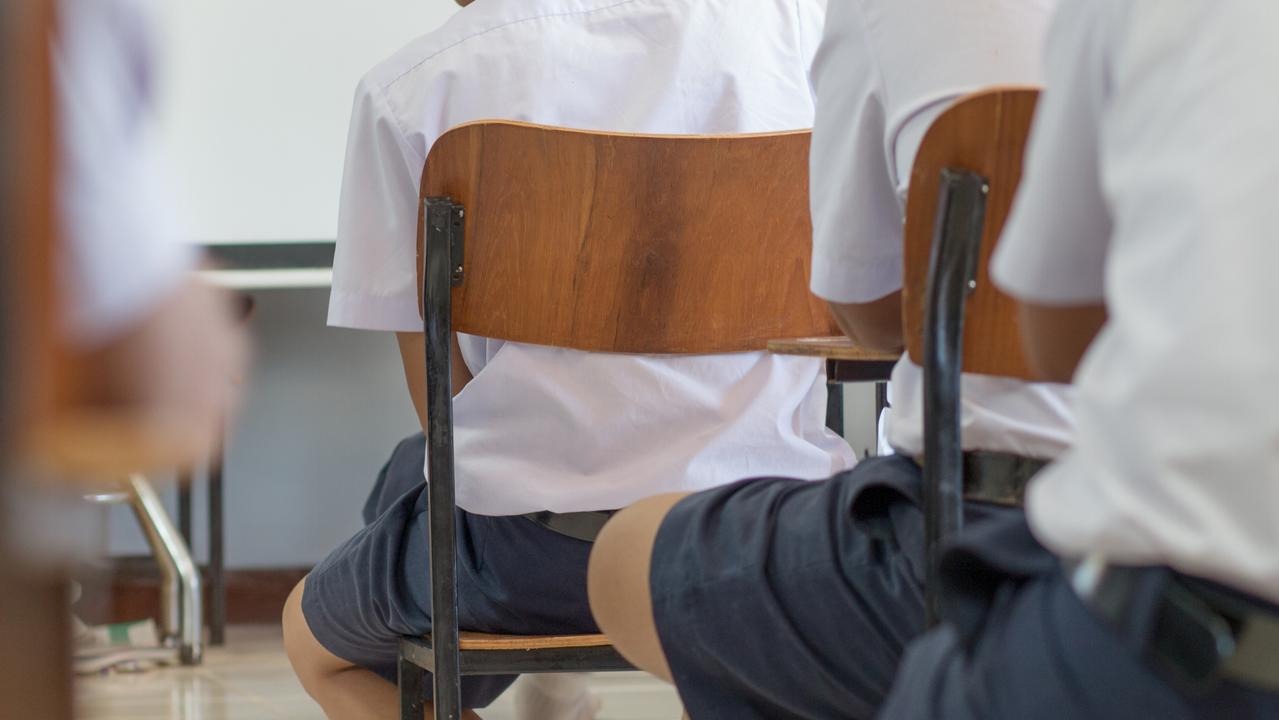‘What does it mean?!’: Expat baffled by classic Aussie saying
It’s one of our most widely used phrases, but a man who has lived in Australia for two years is still confused by it – and he’s not alone.

Lifestyle
Don't miss out on the headlines from Lifestyle. Followed categories will be added to My News.
It’s one of our most widely used phrases, but a man who has lived in Australia for two years is still confused by it – and he’s not alone.
The phrase in question is something people often use in place of the word “thanks”, meaning he hears it all the time, but he admitted he’s never sure about what to say back.
Posting to Reddit, the man revealed, “I still struggle when it comes to answering someone telling me ‘cheers’.”
He wondered if he was supposed to say something like, “you’re welcome” or “no worries” and has even floated the idea of saying “cheers” back but wasn’t sure if that was appropriate.

Etymologist Susie Dent said the word “cheers” is derived from the Latin word “cara”, which means “head”, as it was initially used to “describe someone’s facial expression,” she told the BBC.
In medieval times, this expression became a toast, and over the centuries, it evolved into a phrase used to cheer someone on, during things like a sporting event or for a significant achievement.
During the 19th century, it turned into a sign-off and was used to wish someone “good cheer” upon parting.
In Australia, the word has come to be known as a casual way to say thank you, which has confused newcomers who are unfamiliar with its colloquial use.
Thankfully for this expat, Aussies were more than happy to let him in on the various ways he could respond to the term.
One user assured, “No worries is perfect,” while another said a simple “all good” would do the trick.
Others suggested using “nurries”, meaning no worries, and even the cruder, more Australian term, “no wukkas”.
“It’s all good” was another popular reply, while the standard “you’re welcome” was put forward as one of the more polite ways to respond.
“Any affirming sentiment is fine,” pointed out a different person.
Meanwhile, others told the poster that if he was feeling bold enough, he could take any of these phrases and add “mate” on the end.
“The sooner you add ‘mate’ to the end of ‘no worries’, the better,” one advised.
And someone else took the discussion a step further and told the user to have a go at some full-blown Aussie slang and say, “Cheers, Big Ears” and reply with “Same goes, big nose.”
After the post racked up hundreds of comments, the man replied, “I’m still not used to some of your jokes but love them anyway!”
He then thanked everyone for their input and said that he’ll stick to “no worries” for now and add “mate” when he “feels comfortable enough.”
He’s not the first person to post online asking for help understanding what the word “cheers” means in Australia.
“I have recently noticed that a lot of people I work with in Qld will say ‘Cheers’ at the end of a phone call almost as a ‘Thanks for everything comment’ before saying goodbye and hanging up,” a post shared on Reddit last year read.
“Wondering if this is a Qld thing or if this is an Australian thing?
“Overseas clients don’t seem to have the same use of the word ‘Cheers’ and I notice it less with interstate clients as well.”
Originally published as ‘What does it mean?!’: Expat baffled by classic Aussie saying





